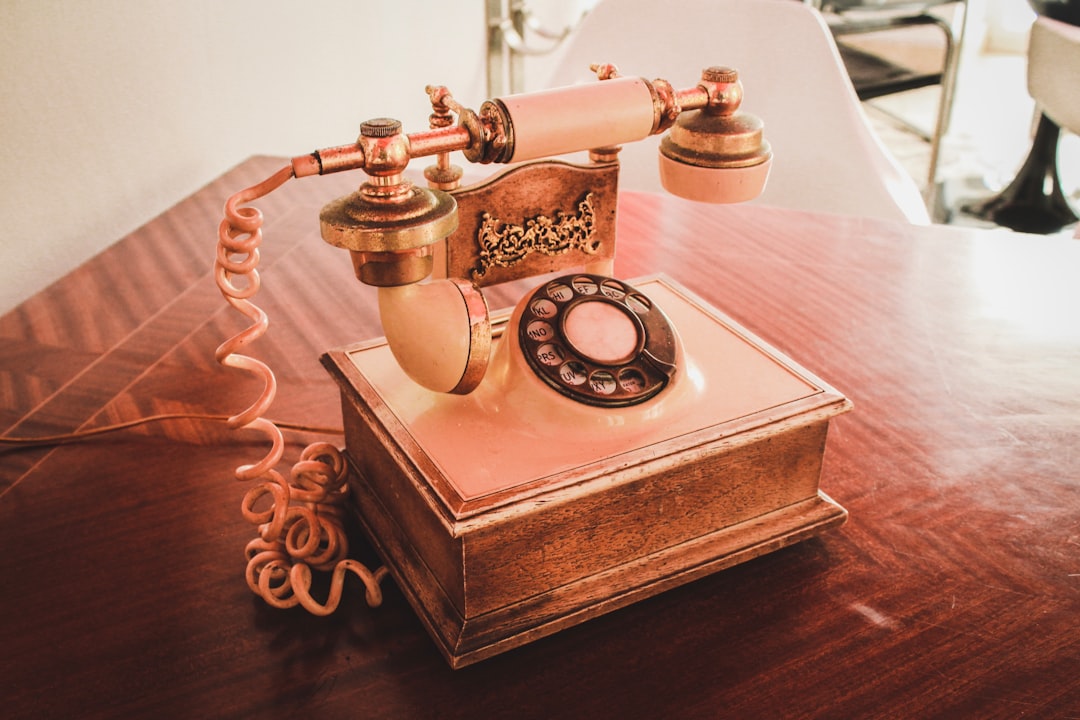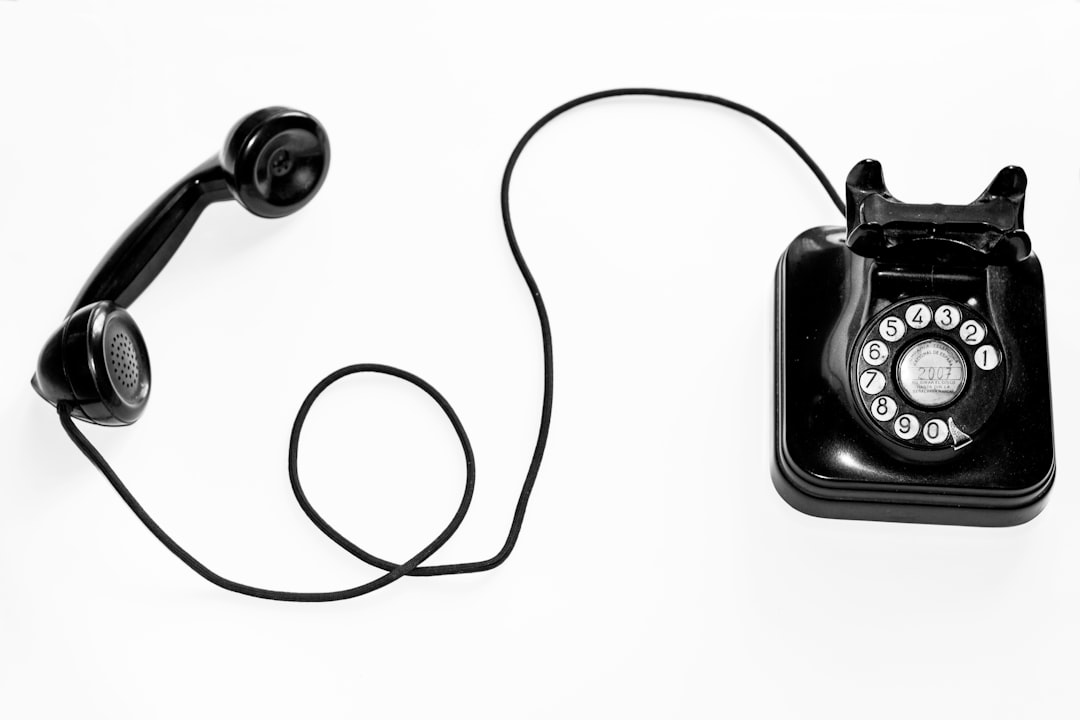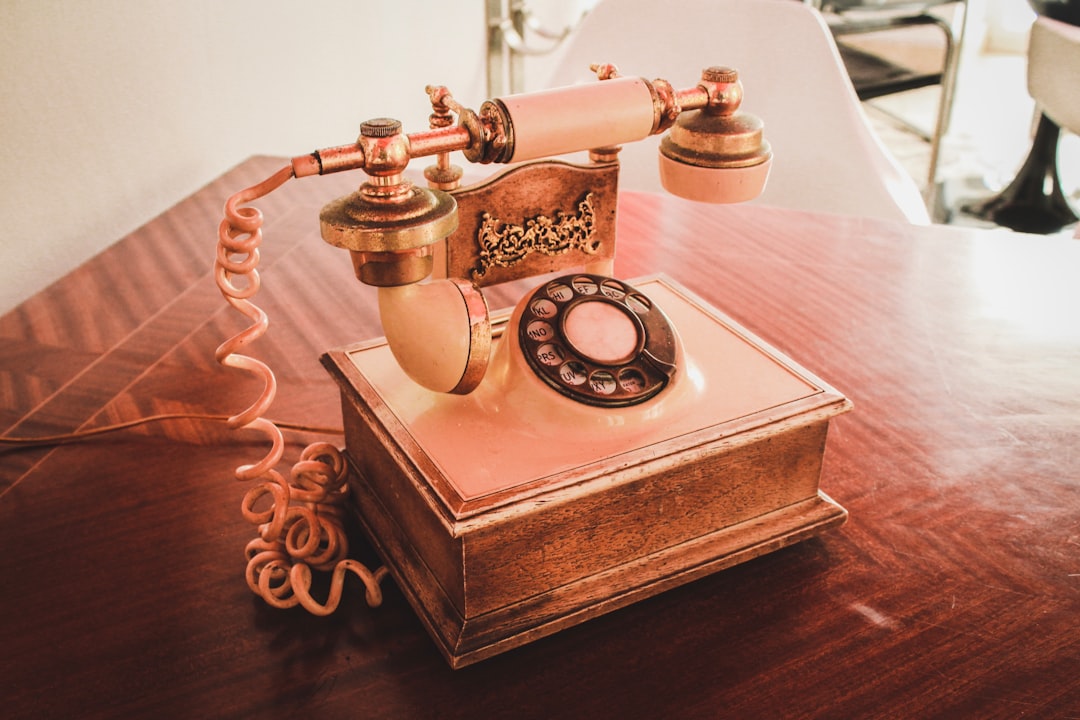In Minnesota, "no-call laws" protect residents from unwanted sales calls. Businesses must obtain prior consent and provide clear opt-out options to comply with the Minnesota No Call Act. Consulting a specialized No Call Lawyer or Attorney is crucial for guidance and legal protection against spam calls, with No Call Law firms offering expert advice and representation under No Call Laws.
In Minnesota, understanding and adhering to no-call laws is crucial for businesses aiming to avoid legal pitfalls. This comprehensive guide navigates the intricate landscape of Minnesota’s spam call regulations, offering a clear legal perspective. We explore when cold calling is permissible, outlining essential do’s and don’ts for businesses. Additionally, we empower individuals affected by unwanted calls by guiding them on finding reputable no-call lawyers in Minnesota, including top-rated no-call attorney services across the state.
Understanding No-Call Laws in Minnesota: A Legal Perspective

In Minnesota, like many other states, there are strict regulations in place to protect residents from unwanted telephone solicitations, commonly known as “no-call laws.” These laws not only restrict businesses from making cold calls but also provide individuals with powerful legal protections against spam calls. The Minnesota No Call Act prohibits telemarketers from calling a consumer’s residential or cellular phone number without their prior express consent. This legislation is designed to give residents control over their communication preferences and safeguard them from intrusive marketing practices.
Hiring a No Call Lawyer Minnesota or consulting with a No Call Attorney Minnesota who specializes in spam call law can be beneficial for businesses aiming to stay compliant. These legal professionals can guide companies on navigating the complex regulations, ensuring they obtain proper consent before making any sales calls. Understanding and adhering to the No Call Laws Minnesota is crucial to avoiding legal repercussions and maintaining a positive reputation among consumers.
When is Cold Calling Legal? Do's and Don'ts for Businesses

In Minnesota, cold calling, also known as unsolicited sales calls or telemarketing, is regulated by state laws designed to protect consumers from unwanted and deceptive practices. While businesses can still engage in cold calling, there are strict guidelines they must follow. The legality of these calls depends on factors such as the purpose of the call, the time of day, and whether the caller has obtained prior consent from the recipient.
Do’s: Obtain explicit consent before making any cold calls; ensure compliance with the state’s Spam Call law by providing a clear opt-out option during each interaction; respect consumers’ rights to refuse further contact; and document all efforts to obtain consent. Don’ts: Make calls after 9 p.m. or before 8 a.m. without prior agreement, use automated dialing systems that don’t allow recipients to opt out, leave voicemail messages that are considered advertisements, or make repeated calls to numbers where the recipient has expressed disinterest. For businesses seeking guidance on navigating these laws, consulting with a No Call Lawyer Minnesota or a specialized No Call Attorney Minnesota is advisable. Reputable No Call Law firms Minnesota can offer expert advice tailored to specific circumstances, ensuring compliance and minimizing legal risks associated with cold calling practices.
Your Rights and Resources: Finding a No Call Lawyer in Minnesota

If you’re tired of unwanted cold calls in Minnesota, you have rights protected by state laws. The Spam Call law firm in Minnesota specializes in no call laws and can help you navigate your options. They offer legal guidance to ensure your privacy and protect against harassing phone calls.
Hiring a No Call Attorney Minnesota is an important step towards regaining control. These lawyers are well-versed in the No Call Laws Minnesota, enabling them to provide tailored solutions for your specific situation. Whether it’s representing you in court or negotiating with call centers, they work tirelessly to uphold your rights and find the best resolution.






